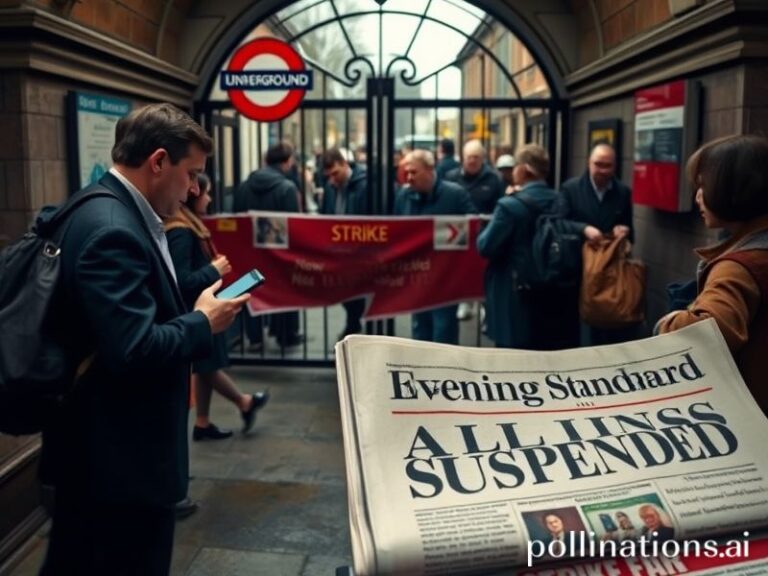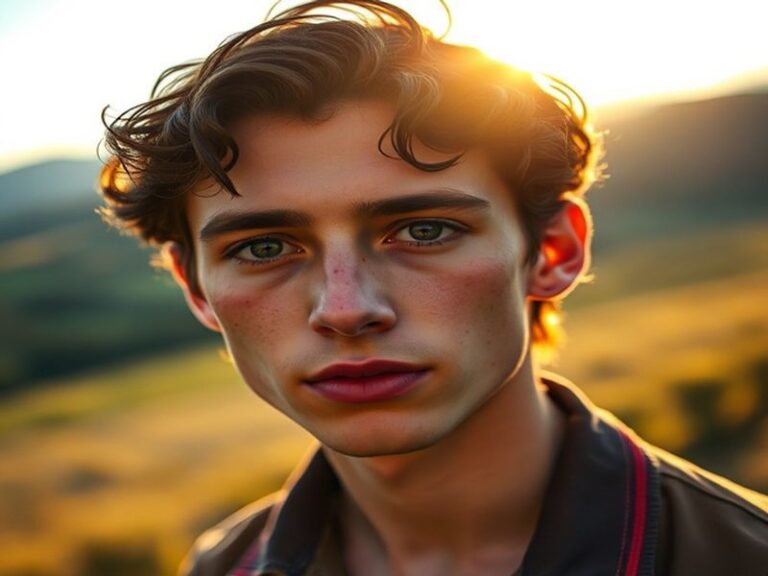David Lynch Dies at 78: How the World Mourns the Man Who Made Nightmares Fashionable
David Lynch Is Dead—Long Live Whatever This Was
By the Global Desk, Dave’s Locker
PARIS—Somewhere between the espresso machine and the existential dread, news broke that David Lynch had slipped off the mortal coil at 78. The announcement arrived like a bad cut in a dream sequence: a Facebook post, all lowercase and polite, signed “Lynch.” No fuss, no red curtains, just the man himself announcing his own curtain call with the same eerie calm he once used to sell coffee to Japanese audiences. The world, already exhausted by wars, elections, and the latest TikTok ban, paused for exactly three beats before returning to doom-scrolling. But the pause was telling. Because in that flicker of silence, airports in three continents piped “In Heaven” over their PA systems, a Bolivian film club projected Mulholland Drive onto the side of an abandoned Coca-Cola bottling plant, and the city of Lodz—where Lynch was honorary citizen—dimmed its streetlights so the stray dogs could howl in peace.
Europe, ever the self-appointed curator of America’s eccentrics, reacted first. Le Monde declared it “la fin d’un cauchemar magnifique,” which sounds better in French because everything does. The Berlinale hastily announced a 24-hour Lynch marathon, then rescinded it when they remembered German law prohibits screenings longer than the average lifespan of a mayfly. Meanwhile, in Beijing, censors allowed a single tweet mourning the director—“He showed us the darkness inside the light”—before deleting it 12 minutes later, presumably for excessive honesty.
Global leaders weighed in, sort of. Canada’s Trudeau, ever the drama kid, tweeted a still from Twin Peaks captioned “The owls are no longer what they seem,” which was widely interpreted as a cryptic reference to his own approval ratings. Down in Buenos Aires, President Milei blamed Lynch’s death on “Keynesian film subsidies,” then went back to chainsawing a cardboard cutout of Karl Marx. In Moscow, state TV edited Lynch into a montage of “Western decadence,” but accidentally left in the diner scene where a man sweats blood over a cup of coffee—viewership spiked 400%.
The markets, those finely tuned panic machines, barely twitched. Shares in canned cherry pie filling dipped 0.3%. Lynch’s own coffee brand, “David Lynch Signature Cup,” sold out within hours, proving yet again that capitalism can monetize grief faster than a tear can fall. Amazon Prime reported a 1,200% surge in Eraserhead rentals, mostly from IP addresses that also binge-watch Scandinavian murder shows—bleakness recognizes bleakness.
But the real ripple effects are harder to spreadsheet. In refugee camps outside Gaziantep, a Syrian film student projected Blue Velvet on a bedsheet powered by a car battery. “He taught us that America is also afraid,” she told our correspondent, as mortar shells provided accidental surround sound. In Lagos, Nollywood directors held an all-night symposium on how to smuggle Lynchian dread into budget-constrained melodrama; one producer claimed he could evoke uncanny horror for the price of three goats and a fog machine.
And here we arrive at the broader significance: Lynch’s death forces the planet to admit that surrealism is no longer avant-garde; it’s the nightly news. Climate collapse, AI deepfakes, billionaires in space—reality long ago pirated Lynch’s IP. The man who once said “I don’t know why people expect art to make sense when life doesn’t” has now exited the chat, leaving us alone with the nonsensical life he warned us about.
Yet the joke is on him, too. Lynch spent decades insisting he wasn’t an artist but “a guy who catches fish.” Well, the fish are still flopping. Somewhere in rural Poland, a teenager loops the sound of electricity from Inland Empire and uploads it to SoundCloud as “ambient trauma.” In Seoul, a K-pop producer samples Angelo Badalamenti’s minor chords for a bubble-gum breakup anthem titled “Cherry Pie (But Make It Sad).” The uncanny, it turns out, is open-source.
So the world mutters a collective “damn fine coffee” and carries on, slightly more paranoid, slightly more in love with the mystery. Lynch is gone, but the diner is still open 24/7, the jukebox still plays “Llorando,” and somewhere—probably in a basement in Ohio—someone is filming their own Red Room with an iPhone and a bad lamp. The owls were never what they seemed; now they’re just us.







